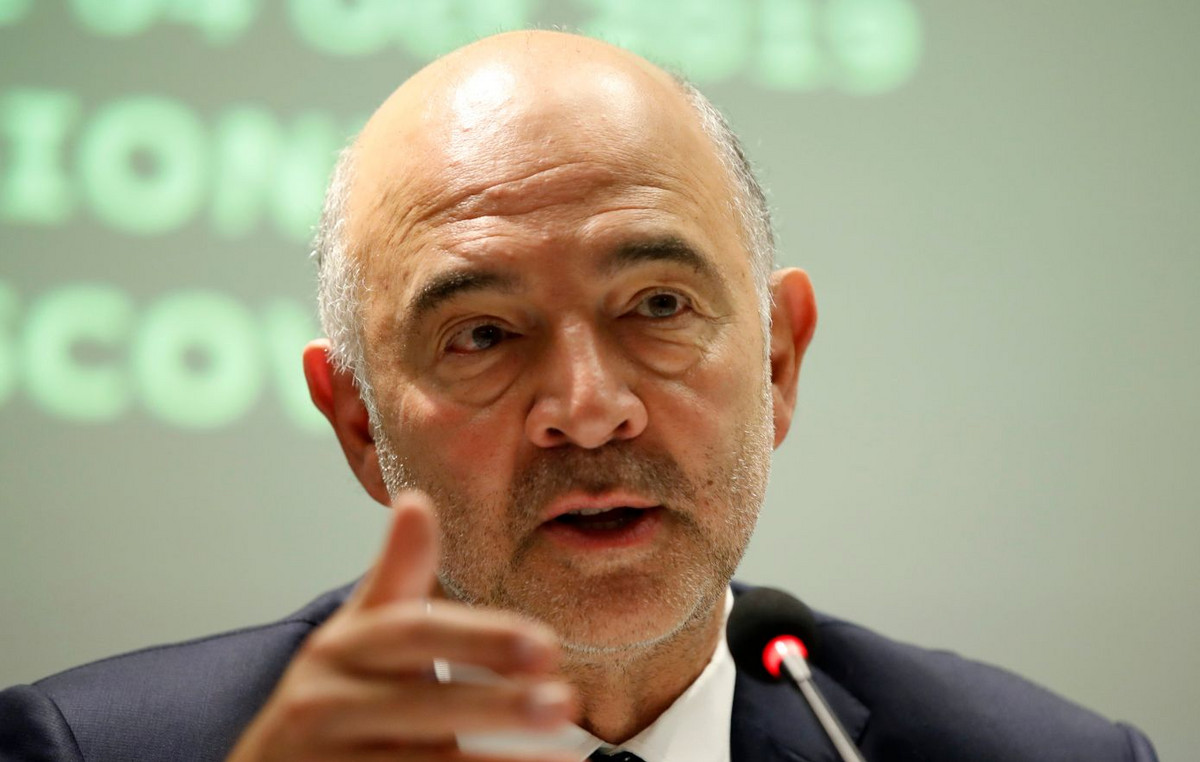According to the Synthesis of Social Indicators (SIS) 2023, released by the Brazilian Institute of Geography and Statistics (IBGE), this Wednesday (6), Brazil did not advance in the goal of universalizing early childhood education between 2019 and 2022.
The research results show that the coronavirus pandemic caused a setback in guaranteeing access to school that had not yet been reversed in 2022.
The research shows that Brazil expanded the proportion of children aged 0 to 5 and aged 15 to 17 attending educational institutions and maintained stable school attendance in groups made up of children aged 6 to 14, close to universalization, and the group of people aged 18 to 24.
See also: Brazil performs poorly in basic education test
Brazil does not advance in PNE goals
From 2019 to 2022, the only age group that maintained a growth trend in school attendance was those aged 15 to 17, going from 89.0% to 92.2%. Stagnation is considered to fall short of universalization, as foreseen in Goal 3 of the National Education Plan (PNE), of universalizing school attendance for this population.
Brazil has also not made progress in universalizing early childhood education. For the 4 to 5 year old group, which represents the beginning of compulsory teaching in basic education, there was a drop of 1.2 percentage points in school attendance from 2019 to 2022, going from 92.7% to 91.5%.
The research shows that the country has not made progress in meeting Goal 1 of the PNE, which seeks to universalize early childhood education in pre-school for children aged 4 to 5 years old and to serve at least 50% of children up to 3 years, until 2014.
School attendance at the appropriate stage for 6-year-old children, who should have entered primary school, fell from 81.8% in 2019 to 69.0% in 2022. The percentage of children considered literate in the 2nd year of primary school fell from 60.3% in 2019 to 43.6% in 2021.
Compulsory basic education
The proportion of Brazilians aged 25 to 64 who have not completed compulsory basic education (41.5%) is more than double the average for OECD countries (20.1%).
The study also analyzed the adjusted net school attendance rate (Tafel), which represents the proportion of people who attend the appropriate level of education for their age group or who had already completed it.
For this analysis, Brazil recorded progress at all levels of education, except for the group of children aged 6 to 14 in primary education, whose Tafel reduced from 97.1% to 95.2%.
The 1.9 percentage point drop in this indicator did not prevent the country from achieving PNE Target 2, which establishes a Tafel of 95% for primary education.
Source: CNN Brasil
I’m James Harper, a highly experienced and accomplished news writer for World Stock Market. I have been writing in the Politics section of the website for over five years, providing readers with up-to-date and insightful information about current events in politics. My work is widely read and respected by many industry professionals as well as laymen.







